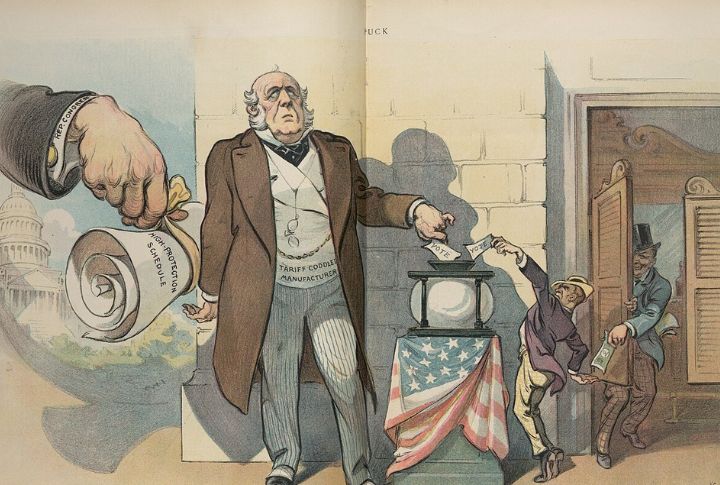
The wisdom in “Ecclesiastes” still raises eyebrows when it comes to money and meaning. Attributed to King Solomon, its reflections push readers to reconsider wealth, success, and satisfaction. These aren’t typical get-rich ideas—they challenge deeper values. Here are ten timeless lessons that still fuel debate today.
The Vanity Of Accumulating Wealth

More money rarely means fewer problems. As fortunes grow, so do expectations, pressures, and sleepless nights. Instead of security, the hunt for wealth can spark deep unrest—fueling a cycle where contentment is postponed and each gain feels strangely empty.
The Inevitability Of Death And Wealth’s Irrelevance

Another profound lesson is the universal truth that everyone leaves this life empty-handed. The book reminds us that no single material thing matters after death, and chasing more materialism is mostly a short-sighted goal. This idea makes us think about what really matters beyond just earthly gain.
Enjoying Your Labor (Despite Its Limitations)

Finding joy in daily work matters more than chasing future wealth. When effort itself becomes meaningful, each task feels less like a burden. This mindset turns routine labor into something with dignity, where the reward isn’t just the result but the quiet fulfillment it brings.
The Limits Of Money Power

The phrase “money answers everything” is often quoted but frequently misinterpreted. While luxury provides practical utility for worldly needs, it certainly does not solve all of life’s fundamental problems. People still argue—does this book praise money or reveal its weakness?
Wisdom Is Better Than Wealth (But Both Offer Protection)

Both wealth and wisdom can offer safety in hard times. But “Ecclesiastes” points to a key difference—wisdom can steer you away from disaster entirely. That kind of foresight gives it far more value than riches, which only help once hardship has arrived.
The Fleeting Nature Of Riches

The book mentions that the riches are impermanent and can vanish unexpectedly. Fortunes can disappear out of nowhere, and the investments we make can fail, highlighting the ultimate ineffectiveness of relying on material things for security.
The Burden Of Riches

The more people gain, the more they tend to fear losing it. That’s one of the ironies “Ecclesiastes” reveals—riches can multiply anxiety instead of peace. While the poor struggle with lack, the wealthy wrestle with pressure. In many cases, balance and modesty provide more mental ease than abundance ever could.
Justice And Oppression In The Pursuit Of Gain

Corruption doesn’t always hide in shadows—sometimes it thrives in plain sight, disguised as ambition. The book draws attention to the injustice that often fuels wealth accumulation. It doesn’t condemn all riches, but it does challenge the idea that financial success always reflects virtue.
The Futility Of Endless Toil For Others

Some individuals toil relentlessly, accumulating prosperity without anyone to share it or inherit it. This raises questions about why someone would work so hard to earn money alone. It also reveals how wealth can lose its meaning when there’s no one to share it with or enjoy its rewards together.
The “Carpe Diem” (Seize The Day) Approach To Finances

Joy doesn’t need to wait until retirement. “Ecclesiastes” urges a life of gratitude, where material comforts are received with wisdom and enjoyed without guilt. Saving still matters, but not if it becomes a joyless obsession. It remains a common dilemma in modern finances.
